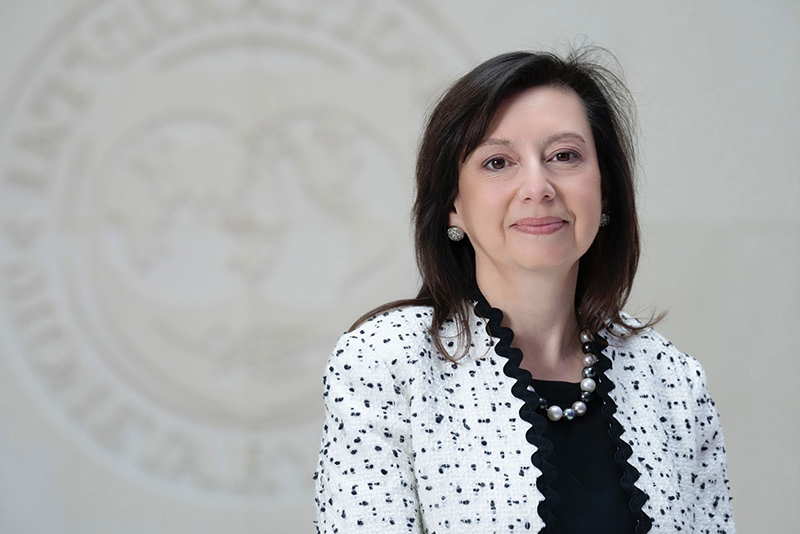
Melanoma is a type of skin cancer that starts when pigment cells in the skin grow uncontrollably. The most dangerous form is metastatic melanoma, which happens when the cancer spreads to other parts of the body. Melanoma cases have been rising for the last 30 years.
According to The World Health Organization, by 2035, there could be 424,102 cases and 94,308 deaths worldwide. In the U.S.

, there will be 100,640 new cases and about 8,290 deaths in 2024. Melanoma can be treated if caught early, but survival rates drop as the cancer advances. Bristol Myers Squibb shared 10-year results from their CheckMate -067 trial for advanced melanoma.
The study showed that patients treated with Opdivo (nivolumab) and Yervoy (ipilimumab) lived longer than those on Yervoy alone. The combination therapy had the longest-reported median survival. At ten years, 43% of patients treated with the combination were still alive, and 64% didn’t need further treatment.
These results were presented at the ESMO Congress 2024 and published in The New England Journal of Medicine. About ten years ago, if you had advanced melanoma, you were expected to live only a few months. But with the combination of Opdivo and Yervoy, this has greatly improved for many patients.
In the CheckMate -067 trial, patients with advanced melanoma, including those with BRAF mutations or wild-type tumors, showed lasting benefits from the combination of Opdivo and Yervoy. The combination therapy also had the highest response rate and longest-lasting effects. The safety of the treatments remained consistent, with no new issues.
Still, serious side effects were more familiar with the combination. Bristol Myers Squibb aims to transform cancer patients’ lives through science, focusing on developing medicines that improve health and make cures possible. They are exploring personalized medicine and using digital platforms to gain insights for better treatments.
Their cancer research covers many types of cancer , and they are dedicated to improving care from diagnosis to survivorship. Opdivo, an immune checkpoint inhibitor, helps the immune system fight cancer and is approved in over 65 countries. Yervoy, another treatment that enhances T-cell activity to fight tumors, has been approved in over 50 countries.
Opdivo (nivolumab) is used to treat various cancers, including melanoma, lung cancer, kidney cancer, and more. It can be given alone or with Yervoy (ipilimumab) or other medicines, depending on the type and stage of cancer. Opdivo is approved for use in patients 12 years and older for unresectable or metastatic melanoma, non-small cell lung cancer, renal cell carcinoma, and other advanced cancers.
Some approvals are based on early results and require further confirmation in clinical trials. Opdivo helps by boosting the immune system to fight cancer cells . Opdivo and Yervoy can cause severe and sometimes deadly immune-related side effects, which can affect any organ or tissue.
These reactions might happen during treatment or even after stopping the medication. It’s essential to monitor for symptoms of these side effects and check blood tests regularly, such as liver and kidney function. If a severe side effect occurs, doctors may stop the treatment and give steroids to help control the reaction.
In some cases, other medicines may be needed if steroids don’t work. Early detection and proper management are crucial for safe use. Journal reference :.













